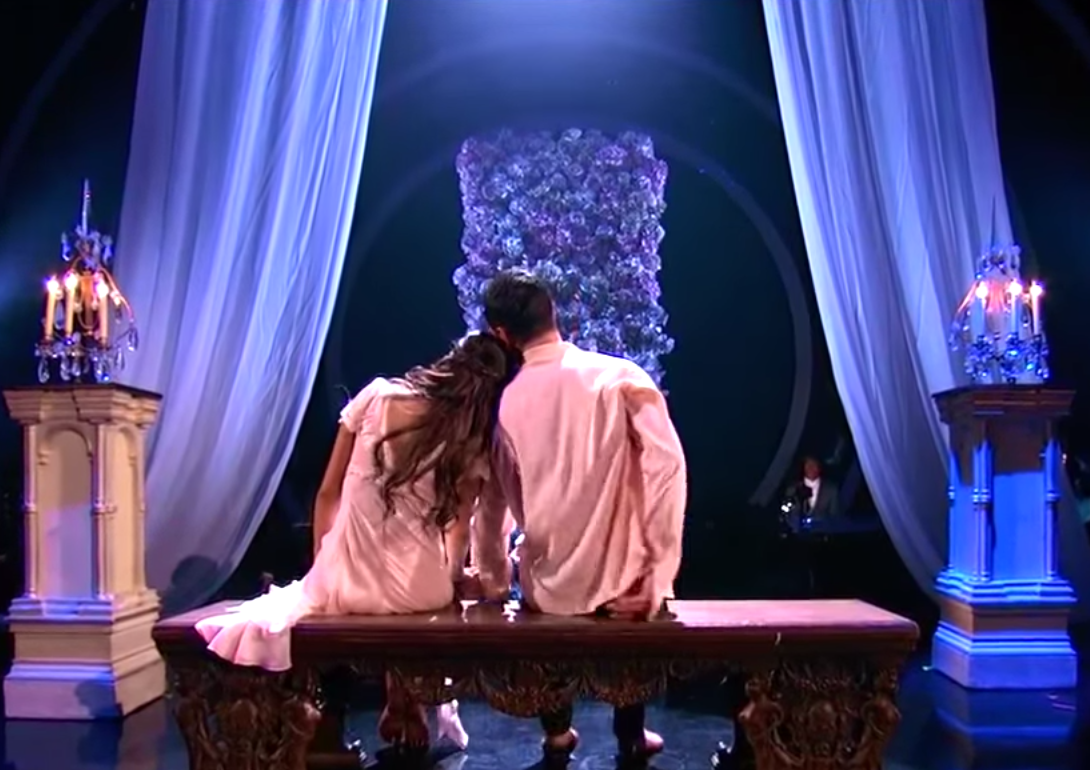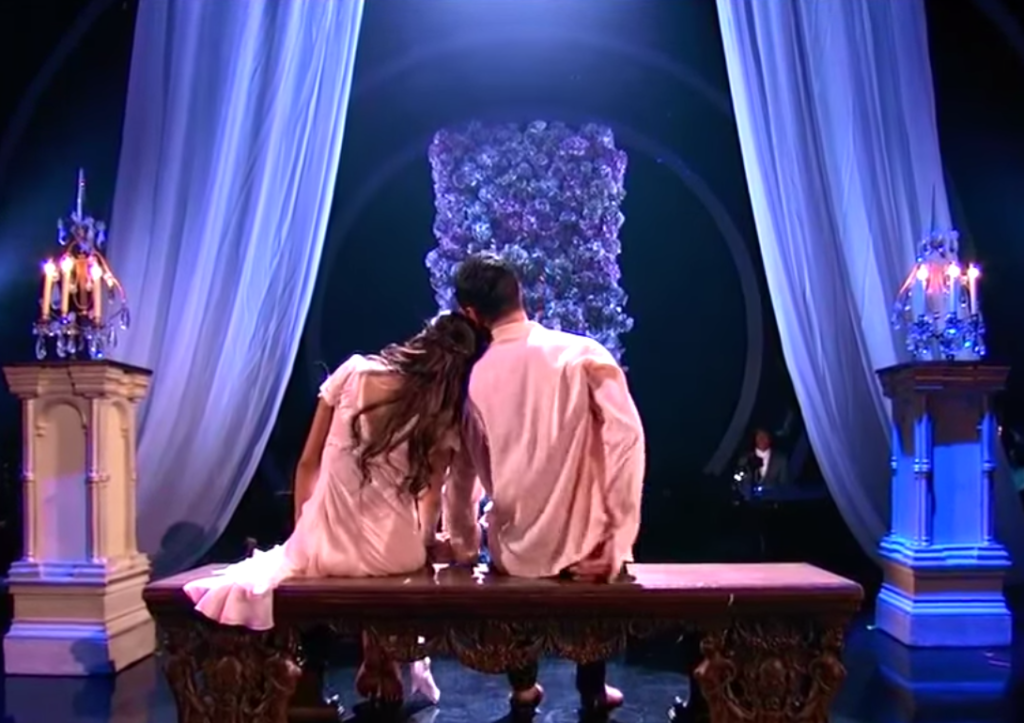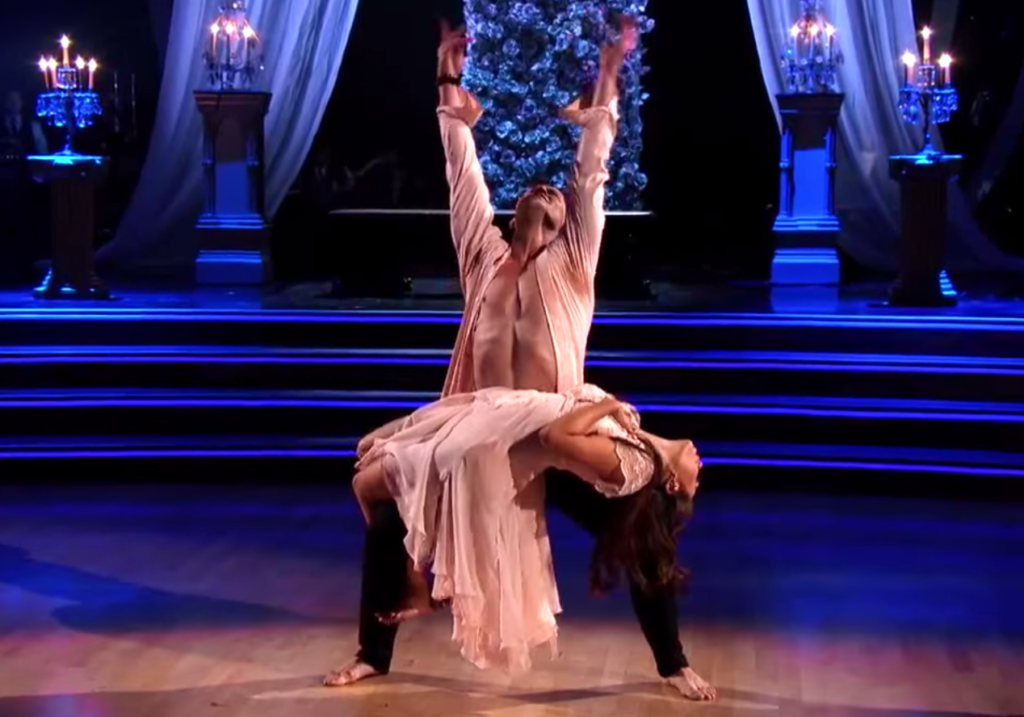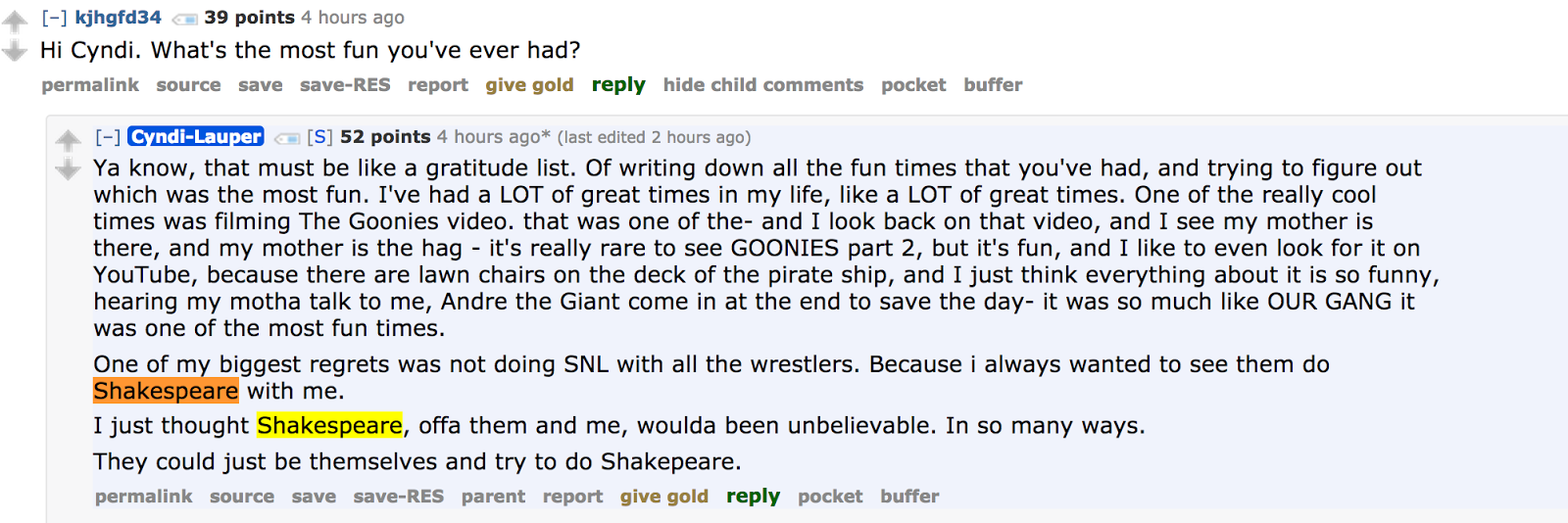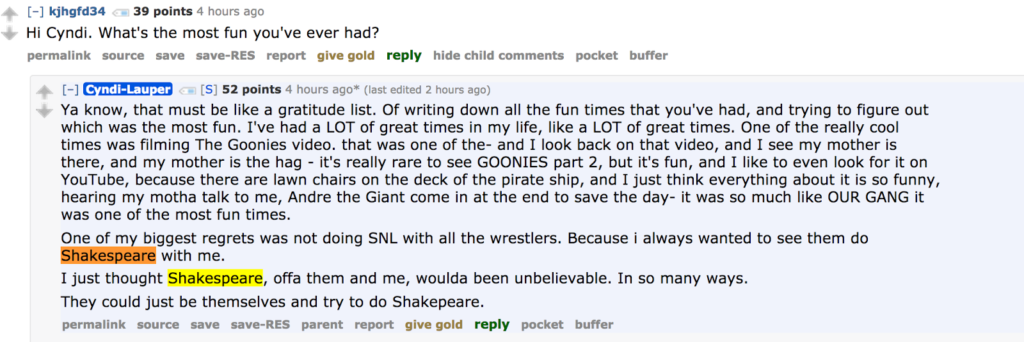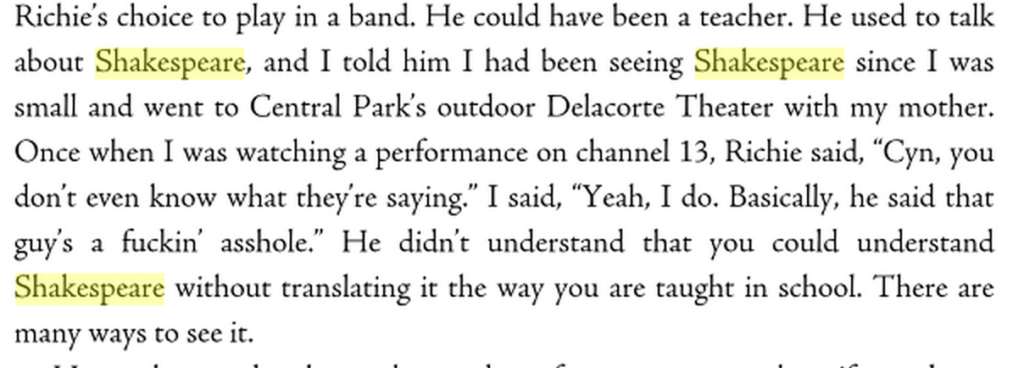Let’s talk about Cyndi Lauper, who my younger audience will know from her show Kinky Boots (Tony Award winning show, I believe), and my audience who is more my age will know her from her domination of the pop charts back in the 80’s with Girls Just Wanna Have Fun, Time After Time, True Colors and many others.
Today Cyndi Lauper did one of Reddit’s famous AMA’s, short for “Ask Me Anything”. It’s always interesting to see how these go. Typically with a celebrity there’s no point in asking a question as yours will almost never float high enough to be seen, but it’s fun to come in after and read the various summaries to see what you learn.
Check it out:
 |
| Cyndi Lauper’s Reddit AMA (click to enlarge) |
Wait, what? Did Cyndi Lauper just drop in an entirely out of context Shakespeare reference? Her biggest regret (well, one of) was “not doing SNL (Saturday Night Live) with all the wrestlers, because she always wanted to see them do Shakespeare with her.” (Brief bit of context for the confused, Ms. Lauper was the centerpiece in the 1980’s of what became known as the Rock n Wrestling Connection due to her friendship with real life WWF manager Captain Lou Albano, RIP).
Where’d this Shakespeare interest come from? To the Google!
An excerpt from her memoir (which I have not read), where she appears to be talking about an old boyfriend:
 |
| Cyndi Lauper : A Memoir (click to enlarge) |
This is unfortunately the only reference I can find. It’s obvious that she’s got theatrical experience/interest/connections, look at her success with Kinky Boots. But now I’m curious about her background in Shakespeare! She must have some signficant interest in the subject for it to jump right to the top of her “big regrets” list like that.
Other snippets from the book include a note that her mother, “…wanted to be a Bohemian. She went to museums and read about Chinese architecture and yogis and Shakespeare.”
Alas I can’t find any information that suggests she’s got formal schooling in Shakespeare, or that she may have ever acted in any of the works. Neat idea, though. I know very little about Kinky Boots, but I hear it was very well received, so I’m left to wonder how much classic theatre practice went into its development.



